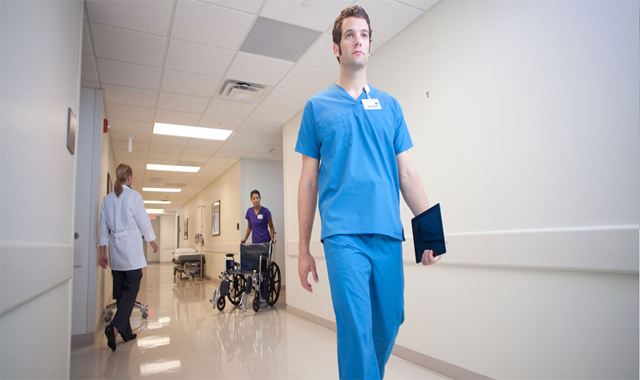Researchers from the Regenstrief Institute and Indiana University have demonstrated the potential of an automated system to help primary care physicians screen for autism spectrum disorders (ASDs) more effectively and efficiently, according to an article published in Infants & Young Children.
The work of the research team centered on the implementation of the Child Health Improvement through Computer Automation (CHICA) system, an open source tool that comprises an EHR and a clinical decision support system (CDSS) for pediatric preventive care and disease management.
“Autism isn’t like strep throat where you can do a quick throat swab and then have a diagnosis,” lead author Nerissa Bauer, MD, of the Regenstrief Institute and Indiana University School of Medicine said last Friday. “Autism is a behavioral diagnosis and can look very different depending on the child. Some behaviors are subtle, especially early on. CHICA prompts parents to think about whether they have concerns about certain health risks, such as autism, which makes it easier for the doctor to focus on key issues during a hectic visit.”
According to Bauer et al., the purpose of the tool is to address limitations commonly present in primary care practices when it comes to screening children for ASD. “Limited visit time, low reimbursement, logistics of the clinic workflow, and lack of appropriate staff to implement these tools continue to be major barriers to implementing clinical guidelines in primary care practice,” the authors write.
The CHICA system works by producing a personalized 20-question prescreening form in either English or Spanish for the patient linked to the patient’s EMR and completed by the patient’s parents in the waiting at each visit and scanned back into the system. Then at the 24-month visit system scores these results and alerts the physician to intervene if sufficient concerns are raised.
Prior to the implementation of the CHICA system, only eight out of 5,128 children had an ASA ICD-9 billing code assigned to them. During the two-year study (Nov. 15, 2010–July 25, 2012), a total of 857 were deemed eligible for screening with two-thirds (567) having the autism screening instrument, called the Modified Checklist for Autism in Toddlers (M-CHAT), completed. Of these, CHICA identified 171 (30%) as having concerning results, which led to 73 (43%) of these patients having their physicians receive and respond to an alert, and leading to the following decisions:
• 50 (68%)children were considered not to have an ASD;
• 13 (18%) were referred for a more comprehensive workup;
• 8 (11%) children were suspected of having an ASD, but not referred; and
• 2 (3%) were referred for an audiology evaluation.
Bauer et al. are optimistic that similar approaches to screening for chronic diseases have the potential to improve detection and ensure that proper intervention occurs sooner rather than later.
“It is encouraging that a majority of clinic staff reported that CHICA improved their ability to screen for ASD. To maximize ongoing adherence to recommended guidelines, all clinic staff must be engaged and work in a coordinated fashion,” the authors explain. “In the future, improved medical electronic health systems may link parents to supportive resources, such as telemedicine, as a next step to continuously improve upon implementation of autism clinical care guidelines and receipt of timely services.”
While the results are encouraging, the willingness of physicians to take the necessary steps in adapting their clinical workflows still remains an obstacle that needs to be overcome.


































